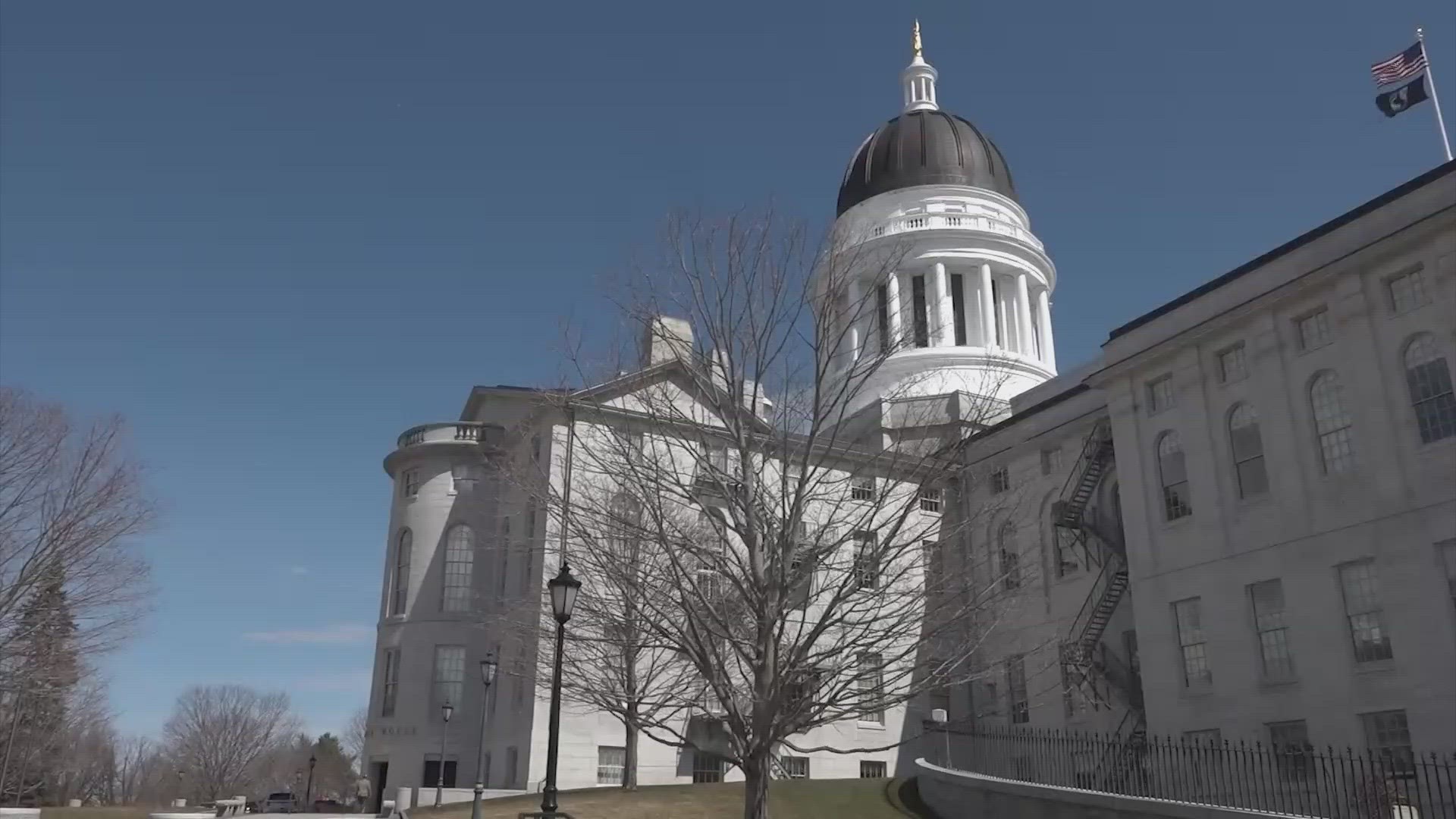PORTLAND, Maine — Democratic Gov. Janet Mills on Wednesday proposed nearly $900 million for a supplemental budget, with the additional spending intended to tackle urgent problems including affordable housing, shelter for homeless people and emergency medical services.
The total updated package envisions $432 million in new appropriations along with $455 million in transfers including $200 million to the Department of Transportation and $15 million to continue free community college tuition for in-state students.
The proposal contains no concessions to Republicans already angry over a procedural move used by Democrats, who control the Legislature, to adopt a two-year essential services budget over their objections. Democrats ended the legislative session after the vote, only to resume days later in special session.
Mills proposes to use additional surplus money and increased revenue projections to add to the budget signed March 31, pushing it to $10.3 billion over two years.
“This proposal lives within our means, using revenues in a responsible way to address serious, pressing issues — like the housing crunch, homelessness, and food insecurity — while also making thoughtful, strategic investments that will strengthen our economy,” the governor said in a statement.
The announcement adds to a previous supplemental budget bill and includes no tax cuts sought by Republicans.
“We don’t find the governor’s change package responsive to the times, or responsive to the needs of the Maine people,” Republican lawmakers said in a statement.
The governor's updates include adding $50 million to a housing proposal, bringing the total to $80 million for affordable housing; $12 million in one-time funding for emergency housing for homeless people; and $31 million in one-time funding for grants to emergency medical services.
Her proposal comes after a new projection of an additional $223 million available for the 2023 fiscal year, followed by a $71 million increase in the 2024 and 2025 fiscal years and flat revenues in the next two years.
The proposals build on the current services budget that maintains 55% of the cost of education and fully restored revenue sharing with municipalities, Mills said.
Previous budget surpluses allowed the governor to return $729 million to residents in the form of $850 inflation relief checks in 2022 and another $473 million this year through $450 heating assistance checks.
Many Republicans called those one-time payments a gimmick and said permanent tax cuts would be a better option.

